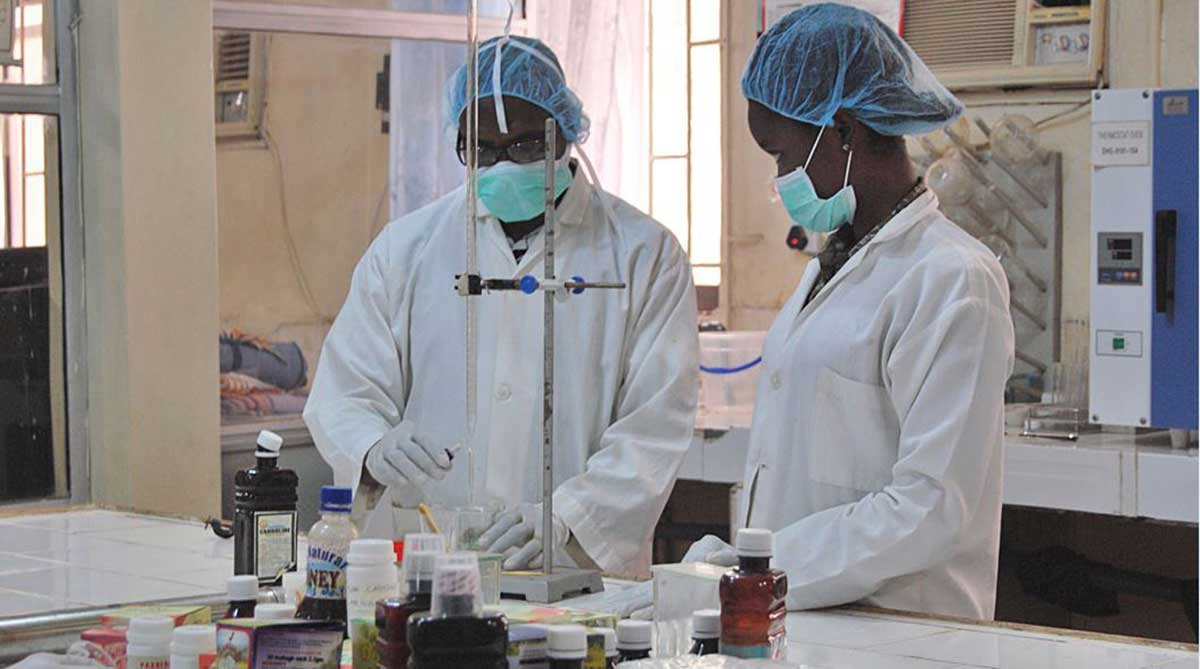Fish farming is one of the lucrative agribusinesses with potential to boost economic growth, improve food security and create jobs for teeming Nigerians.
In Africa, Nigeria is considered the second largest aquaculture producer, with strong local consumption of its products like catfish, opening opportunities for new comers to invest in.
According to sector players, fish farming can reduce reliance on imports, create jobs, improves food security and boosts local economies, as it provides lucrative business opportunities to smallholder farmers and can be a source of sustainable income for Nigerians.
But despite this array of potentials, majority of new entrants into the industry are facing significant losses due to the lingering challenges critical to aquaculture management.
Some of the lingering challenges affecting the industry over the years are high cost of feed, inadequate supply chains, and limited market access due to lack of investment in infrastructure, technology and training.
But aside these common challenges, experts say little or no knowledge in critical aquaculture management is a major challenge, despite investing heavily in their fish farms, leading to colossal losses and forcing many to abandon the business.
“Most farmers think they are doing everything right,” said an aquaculturist, Dr. James Onah, “but they ignore vital details like water quality, feeding patterns, and understanding market demands.”
According to him, one of the most common mistakes identified, is their use of poor quality pond water. “Many farmers assume that clean water is automatically good for fish, but water quality involves more than just clarity. Ignoring this factor has led to high fish mortality and stunted growth.
“Another major issue is poor feeding management. Beginners often fail to track daily feed intake, leading to overfeeding or underfeeding both of which affect fish health and farm profitability,” says Dr Onah. He warned the farmers against buying feed in small batches, noting that this practice can increase operational costs and reduce efficiency.
A fish farmer with over two decades experience, Mrs Jelilat Dokunmu, indentified market misalignment as another common trap for the new farmers. “Farmers are advised to raise fish to match customer preferences, not personal ones, failing to do so often result in selling under pressure or at a loss.”
To reduce failure rates in the industry, Dokunmu, who is also a training provider, recommended proper training for starters. “We offer hands-on classes in catfish farming and management. Farmers need more than just ponds they need tested systems for production, management, and sales. With proper education and planning, fish farming in Nigeria can become a profitable venture for many potential farmers.”
Malam Ado Mohammed, a fish trader at the popular Kado Fish Market, Market, who also engages in fish breeding, said the area of farming is critical to the country’s economy and must be supported to ensure youths tap into the opportunities to attain food security in the country.
“As it is in other businesses, fish farming also require training and re-training for anyone who wants to make this business his or her source of livelihood.
“Though there are lingering challenges facing us as farmers, but if we do the right thing and ensure the right knowledge are adopted, we’ll be smiling to the banks,” he said.






